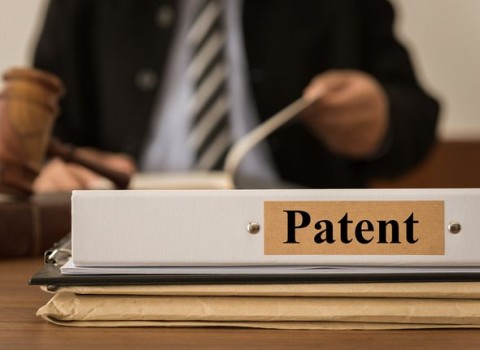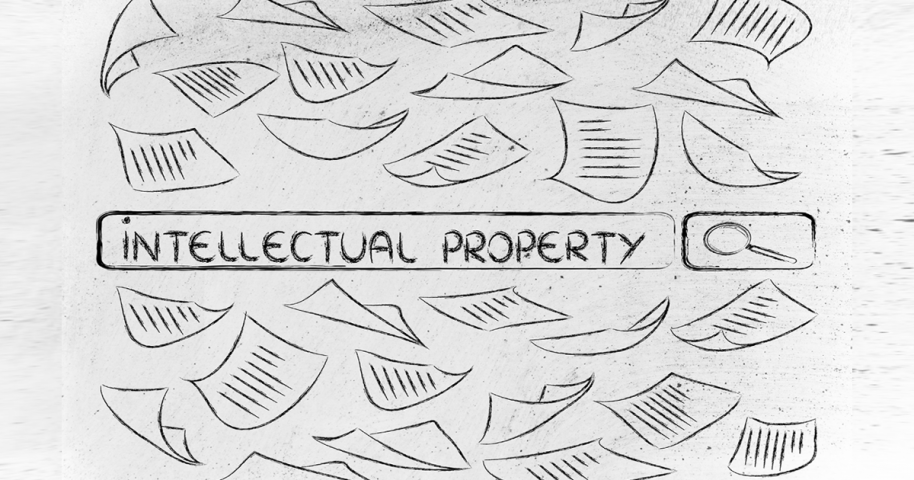As an entrepreneur, how do you protect your big ideas, product designs, service strategies, name, and logo?
As seen in the recent post, Entrepreneur’s Startup Success Guide for 2019, understanding the different types of legal protections and entrepreneurial tools available for your intellectual property is critical to retain ownership.Here is a look at what every entrepreneur should know about intellectual property rights when it comes to patents, copyrights, and trademarks.
Patents
When you patent an idea, invention, process, product, or business service, you are preventing others from making, using, or selling your intellectual property (IP).
Patents require detailed information about the intellectual property itself, including diagrams, instructions, and other pertinent information.
It is an essential requirement for entrepreneurs who believe their ideas and inventions are unique. Without a patent, you are unable to sue for damages and others can make, use, or sell your IP.
The patent process is complex and can take many years. Many patent holders choose to work with a patent lawyer. While retaining counsel can increase the price, a reputable attorney can help determine if it makes sense to apply for a patent, explain the process, and represent your interests at each step.
The U.S. Patent and Trademark has great information on the step-by-step process of applying for a patent here, including what is and is not patentable and how long patents last.

Copyright
Copyright protections are used to protect original creative items, such as writing, film, software, art, and music. Copyrights are not required and copyright registration is voluntary. Technically your work is protected as soon as you create it.
That said, registering a copyright with the U.S. Copyright Office places it in the public record. Copyrights last for 70 years after the author’s death, after which the works enter the public domain. For example, that is why many classic books are legally free to download and read.
The U.S. Copyright Office has many great online tools, including a searchable database, frequently asked questions, and tools to register and record your copyrights.
Trademark
For all the logos, symbols, designs, and names associated with your business, trademarks offer protection. While registering your trademark is not required, it provides an added layer of protection for the visible, recognizable components of your brand.
Registering a trademark legally indicates you are allowed to use a name, symbol, or other mark. A corollary, a servicemark, covers advertising and in communications, some recognizable sounds related to a business, such as MGM’s lion roar.
Trademark registrations occasionally need to be updated. For more information, visit the U.S. Patent and Trademark Office’s trademark site.
Many new businesses do not consider using intellectual protections, due to the cost, complexity, or perceived value. However, while you may need legal assistance to be successful in managing these application and registration processes, it is a smart defensive measure to take. Otherwise, you are helpless to counter a usage or ownership claim by a competitor or other user of your ideas.
At Benetrends, we help companies understand the complexities of starting, funding, and supporting a growing business. To learn more about our funding options using existing 401(k)/IRA accounts through the ROBS strategy or our business support services, schedule a consultation.
